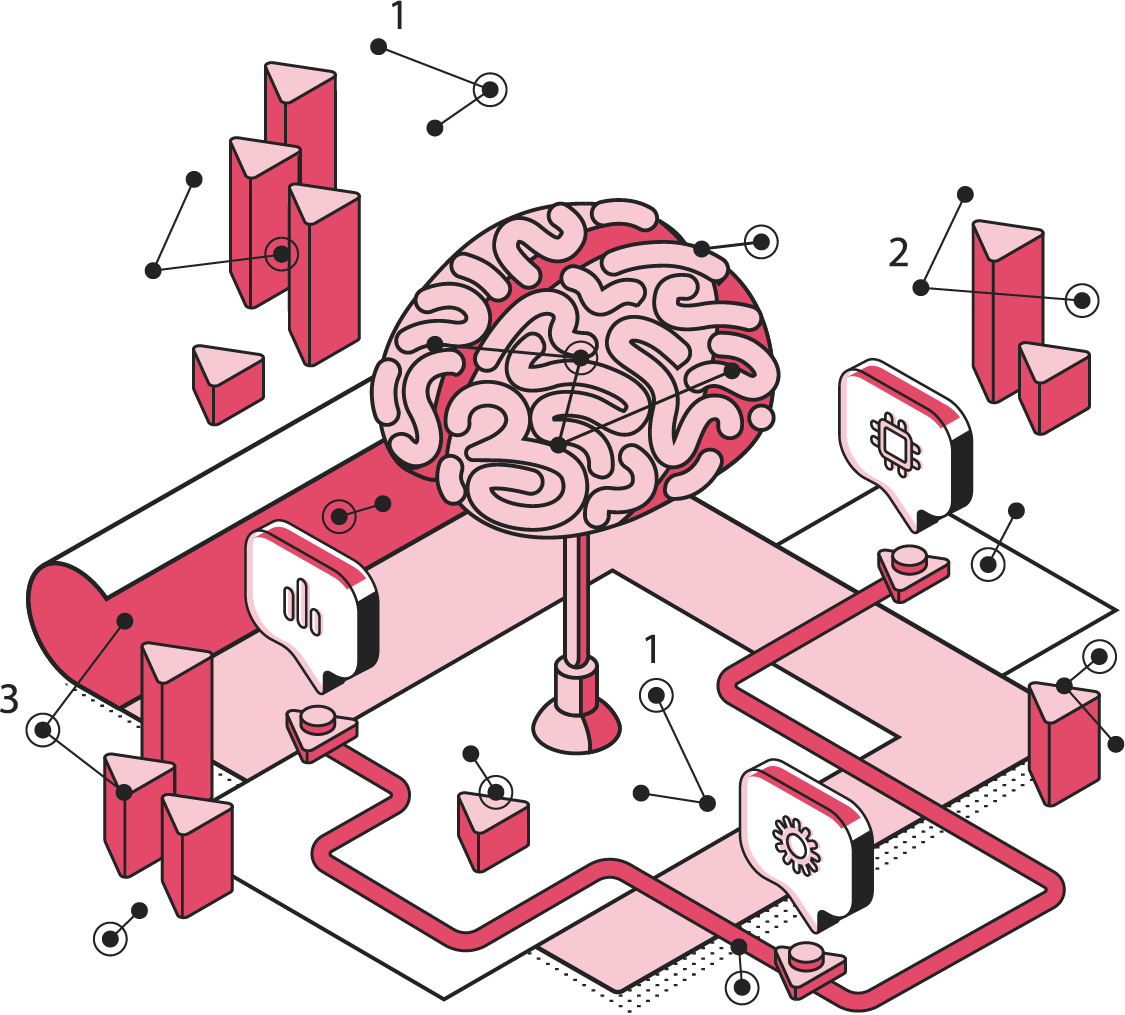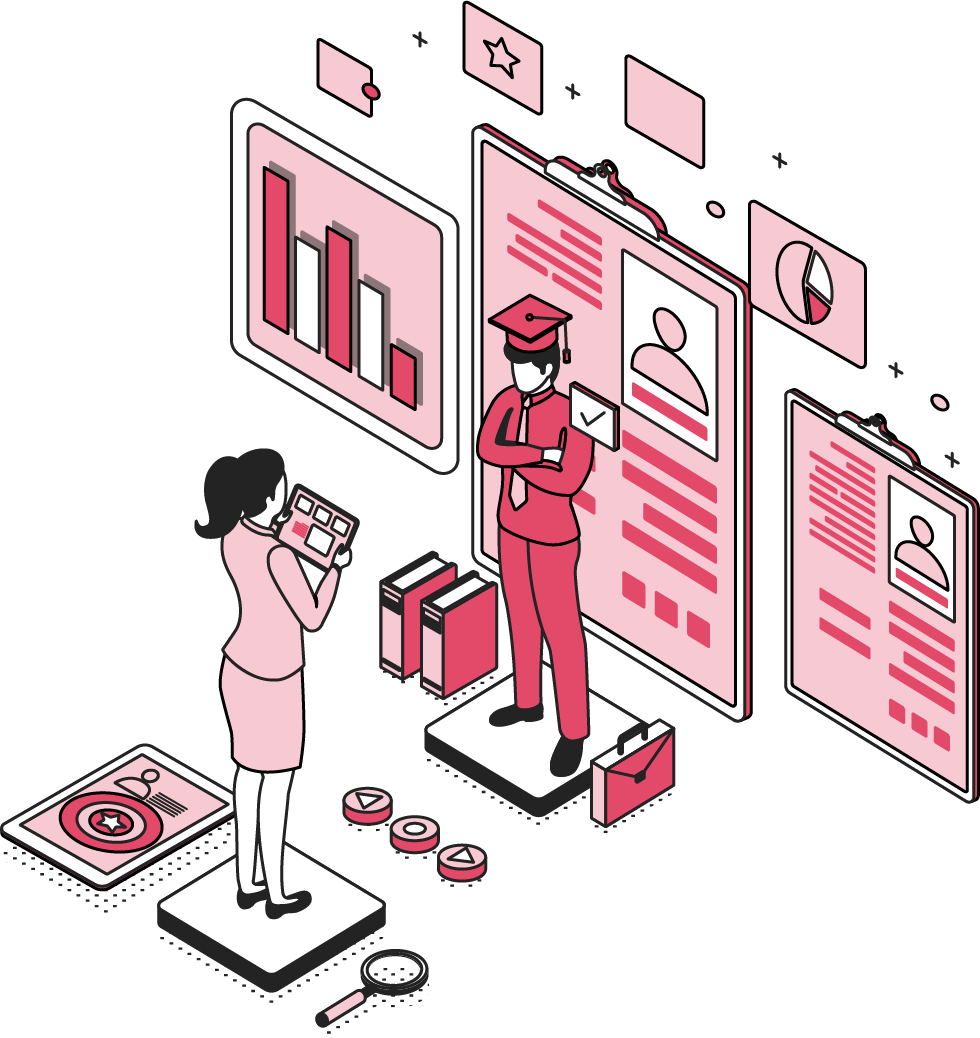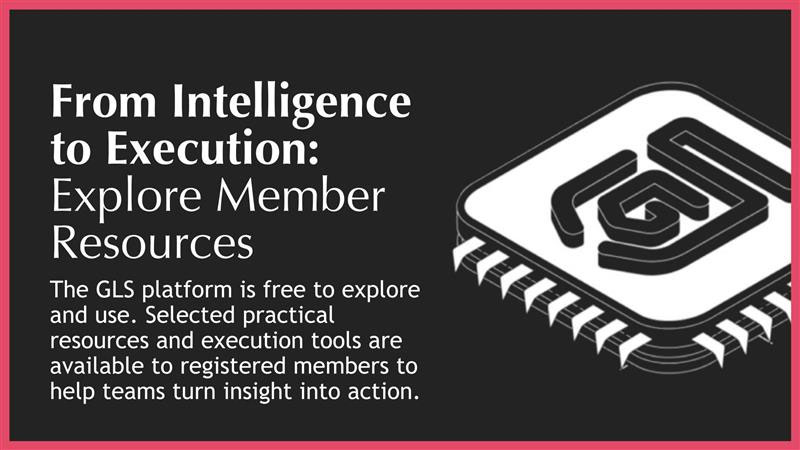The GLS Legal Operations Centre
Intelligence, resources and execution support
Transformation Tube Map
Knowledge Centre
Legal Dept.
Resources
Managed Legal Services
Members
Resources
Legal Ops
Community
Back
Knowledge Capture
What Is It
Knowledge Capture is the legal team’s structured approach to turning experience into institutional memory. It’s the process of documenting, tagging, and storing the insights, templates, decisions, and lessons that emerge from legal work - so they can be reused, refined, and relied upon in future matters.
Where Knowledge Harvest is about identifying what’s worth capturing - the raw insights from deals, disputes, negotiations, and internal interactions - Knowledge Capture is about building the systems and behaviours that ensure those insights don’t evaporate. It’s about making sure that what the team learns becomes part of what the team knows.
This station is about institutionalising learning. It’s about ensuring that valuable experience doesn’t depend on memory, availability, or individual recollection. It’s about creating a legal function that gets smarter with every matter - not just older. GLS helps legal teams build lightweight, scalable knowledge capture frameworks that embed learning into daily workflows and make it accessible across the team.
In short, Knowledge Capture is the difference between a legal team that learns - and one that evolves.
Scope
The scope of the Knowledge Capture station includes:
Template Management: Updating and storing legal templates based on recent experience.
Decision Logging: Documenting key legal decisions and the rationale behind them.
Precedent Development: Capturing and indexing useful clauses, strategies, and outcomes.
Tagging & Metadata Protocols: Making captured knowledge searchable and retrievable.
Platform Integration: Storing knowledge in a centralised, accessible system.
Contributor Frameworks: Encouraging team-wide participation in knowledge capture.
Quality Control: Reviewing and validating captured knowledge for accuracy and relevance.
Linkage to GLP: Ensuring captured knowledge aligns with the Group Legal Policy.
Resource Status
The Knowledge Capture station is considered a Foundational resource within the GLS Legal Operations model.
A Foundational Resource: Is responsible for determining the overall performance capabilities of a “critical” legal function. If it is not optimised, the function can never be optimised.
A Repeater Resource: Supports the performance of multiple "critical" legal functions and as such represents a "ripple effect" productivity intervention point.
A Specialist Resource: Is responsible for driving the performance of a very specific part of an individual legal function. Its productivity contribution is limited to that single legal function.
Best Practice Features
The best practice features of the Knowledge Capture station are as follows:
Centralised Knowledge Repository: A single source of truth for all captured legal knowledge.
Standardised Capture Templates: Easy-to-use formats for documenting decisions, insights, and precedents.
Metadata Tagging: Structured tagging to ensure knowledge is searchable and context-aware.
Contributor Incentives: Recognition and encouragement for team members who contribute knowledge.
Platform Integration: Seamless connection to legal tech tools and workflows.
Quality Review Protocols: Regular validation of captured knowledge for accuracy and usefulness.
GLP Alignment: Captured knowledge supports and reflects the Group Legal Policy.
Usage Analytics: Tracking how captured knowledge is accessed and applied.
Business Value
The Knowledge Capture delivers the following value to the Business:
Faster Deal Execution: Reusable assets reduce time spent reinventing the wheel.
Improved Risk Management: Decisions are informed by past experience and validated precedents.
Reduced External Spend: Internal knowledge reduces reliance on law firms for routine guidance.
Scalable Legal Support: Captured knowledge enables the team to handle more work with fewer resources.
Enhanced Consistency: Advice and execution are aligned across the business.
Better Strategic Decisions: Leadership benefits from legal input grounded in institutional experience.
Legal Department Value
Reduced Knowledge Loss: Insights are retained even when team members leave.
Improved Collaboration: Shared knowledge strengthens team cohesion and capability.
Faster Onboarding: New hires ramp up quickly with access to institutional knowledge.
Enhanced Professional Development: Lawyers grow through exposure to team-wide experience.
Operational Efficiency: Less time spent searching for past work or duplicating effort.
Template Evolution: Legal documents improve based on real-world experience.
Who Needs It
The Knowledge Capture is essential for:
General Counsel
Heads of Legal Operations
Legal Team Leads
Legal Knowledge Managers
Legal Technology Leads
Productivity Consequences
A legal team operating without a Knowledge Capture strategy will face a wide range of inefficiencies including:
Repeated Mistakes: Lessons are not documented, leading to avoidable errors.
Lost Experience: Valuable insights disappear when team members leave.
Stagnant Templates: Precedents fail to evolve with practice.
Slow Onboarding: New hires struggle to access team wisdom.
Low Team Learning: Lawyers miss opportunities to grow from each matter.
Fragmented Knowledge: Insights remain siloed and inaccessible.
Tech Implication
The Knowledge Capture station strongly leverages technology. It benefits from:
Knowledge Management Platforms: To store, tag, and retrieve captured insights.
Template Management Systems: To update and distribute legal documents.
Collaboration Tools: For capturing informal peer learning and team reflections.
Legal Ops Dashboards: To track capture activity and usage metrics.
Search & Retrieval Engines: To make knowledge easily discoverable.
What Next?
Visit each Station on this Line for in-depth analysis of what it takes to make this in-house function really perform. Or you can go back to the overall GLS Legal Transformation Tube Map.
In most cases, the GLS Legal Operations Centre contains everything you need to effectively optimise this key function yourself – or feel free to reach out to us – and we can help you.

The GLS Legal Operations Centre
Register to access your complimentary Day 1 Resource Stack packed with legal team performance resources.
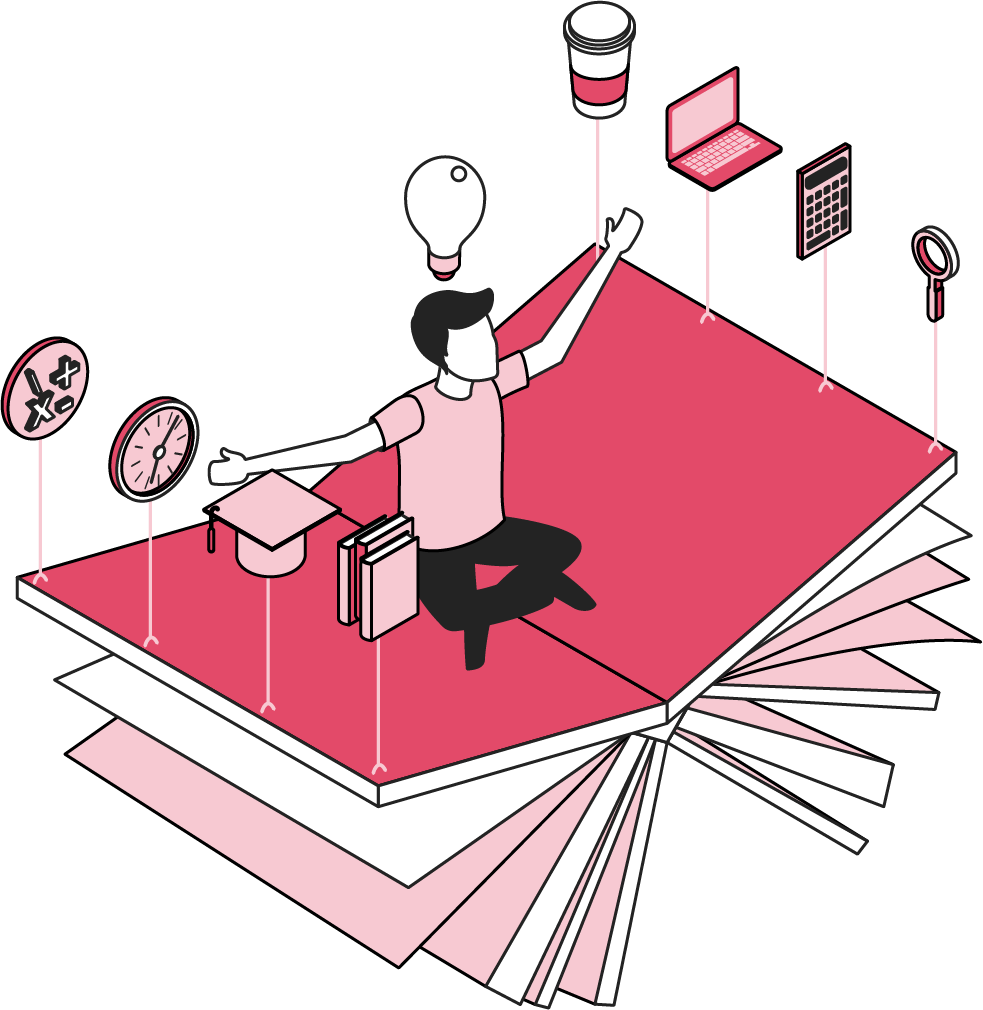
GLS Ultimate Guide To Legal Operations
Download this and read it thoroughly and regularly. It is a wonderful transformation companion.
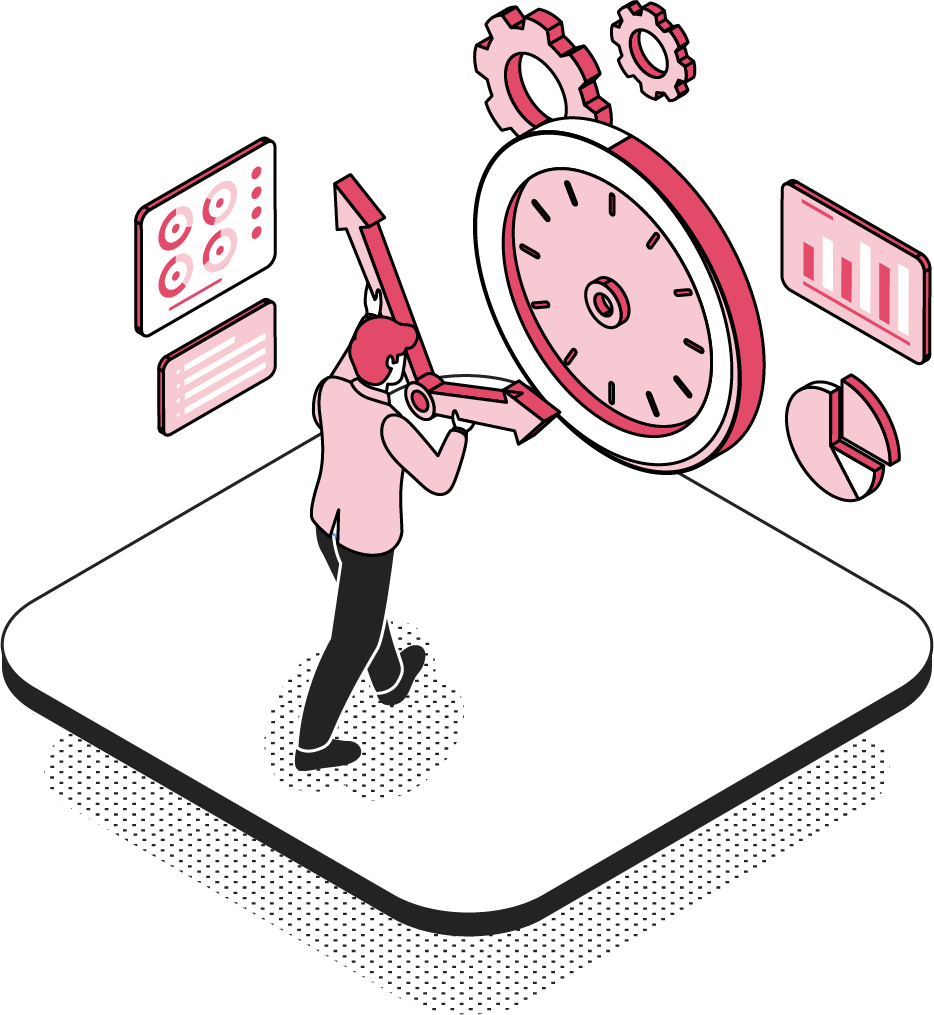
Book A No-Obligation Consultation
If you would like discuss your legal transformation needs, please book a 30 minute free consultation with us.
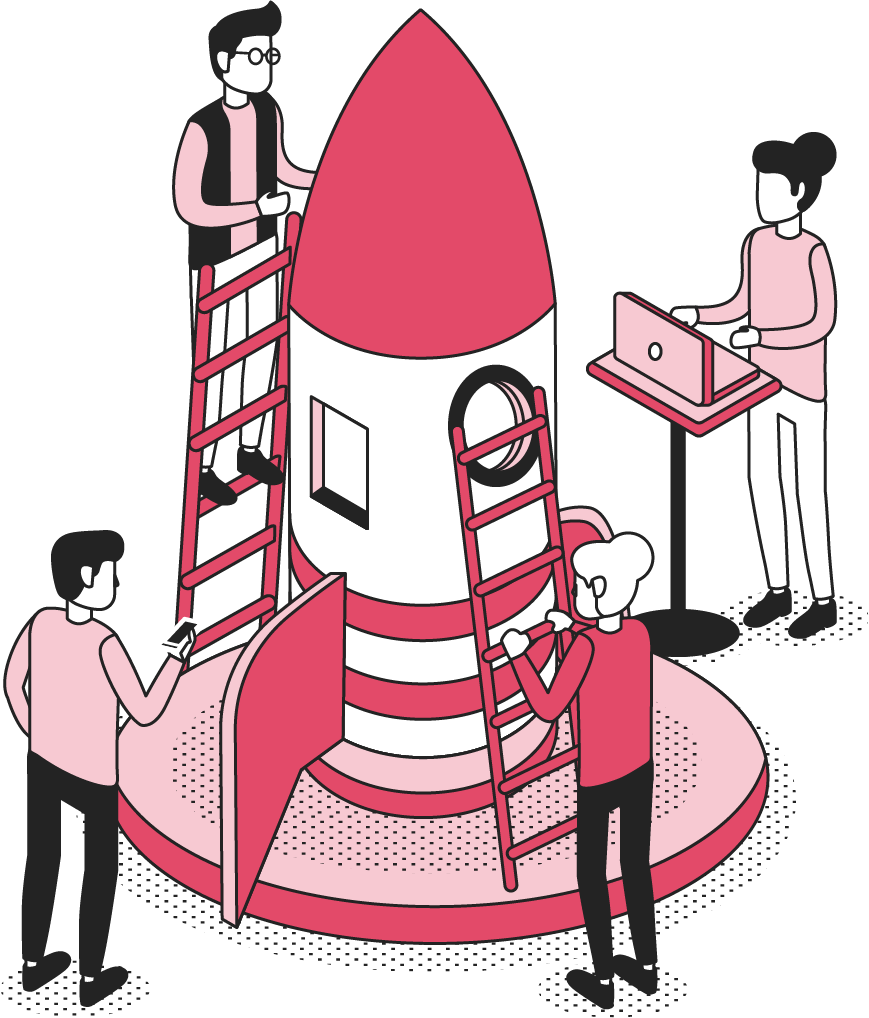
GLS Legal Transformation Boot Camp
Our hugely successful, 10-week long, email-based boot camp on how to effectively transform your legal team.
